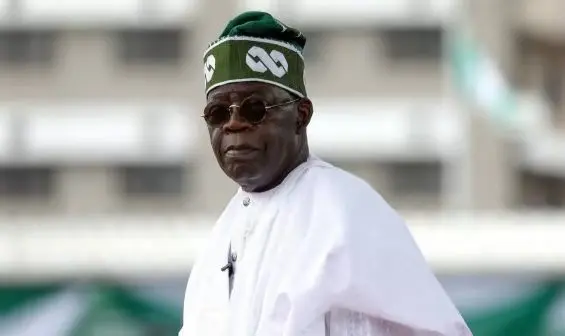Nigeria is aggressively pursuing a $1.5 billion World Bank aid package in order to alleviate the acute shortage of dollars, which is causing the naira to weaken.
In light of the nation’s continuing economic reforms, Finance Minister Wale Edun expressed optimism that the World Bank will provide $1 billion to $1.5 billion in budgetary support.
In order to get through the difficult economic times, Edun also brought up the prospect of issuing a Eurobond in late 2024 that is valued in foreign currencies.
Presidency Reveals They Are Lobbying Western Countries To Proscribe IPOB, Bandits
The Finance Minister reaffirmed that the nation deserves support because of its dedication to reforms and expressed confidence in obtaining the required funding.
Nigeria has historically raised debt for economic and infrastructure development by issuing Eurobonds. The nation made its ninth foray into the financial world in 2022 when it issued $1.25 billion worth of Eurobonds to enter the international debt markets.
Edun revealed that the $1.5 billion World Bank loan would have no interest during a press conference in October 2023. The minister promised that Nigeria would soon receive the facility, which is meant to fund development projects.
The International Monetary Fund recognised Nigeria’s manageable debt, but the government still has to pay hefty interest rates.
Tinubu Commences Conditional Cash Transfer Program Commences to Alleviate Poverty in Nig
The Finance Minister emphasised that the new World Bank loan is intended to mitigate economic difficulties, including a budget deficit caused by fuel subsidy prices that are on the rise, debt servicing, and limited public spending.
In order to address the deficit, Bola Tinubu proposed a multimodal financing strategy that included new borrowing, earnings from privatisation, and drawdowns on bilateral and multilateral loans designated for certain development projects.
The devaluation of the naira is a result of speculative activities, ongoing currency shortages, and rising demand for dollars in Nigeria.
The official and parallel market exchange rates have diverged due to the lack of dollars, which caused the naira to drop to a record low of N1,320 per dollar on Wednesday.
IMF Forecasts 3.2% GDP Growth In Nigeria
The Central Bank of Nigeria has made payments to settle outstanding currency forwards in an effort to increase investor trust in the foreign exchange market.
Follow us on Facebook
Post Disclaimer
The opinions, beliefs and viewpoints expressed by the author and forum participants on this website do not necessarily reflect the opinions, beliefs and viewpoints of Anaedo Online or official policies of the Anaedo Online.

